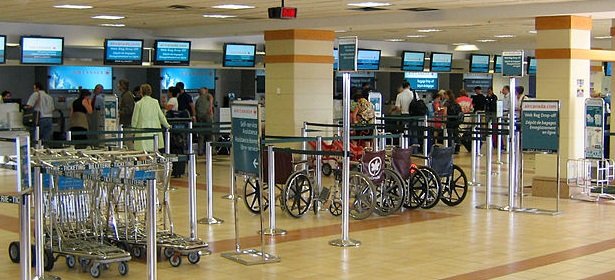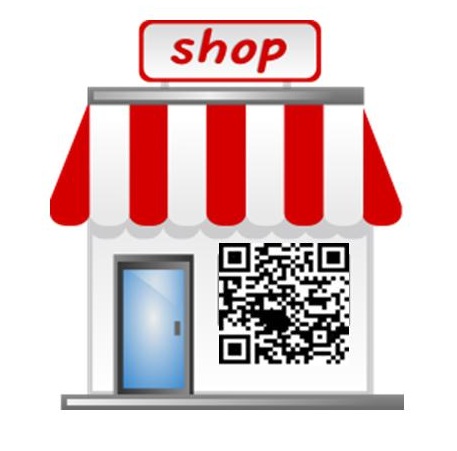 Retailer embraces mobile commerce
Retailer embraces mobile commerce
HomeShop18, a leading online and on-air retail venture in India, has partnered with the Delhi International Airport to introduce its latest initiative, called the Virtual Shopping Wall. Virtual shopping has become a breakout phenomenon in the retail world. With the number of consumers with mobile devices on the rise, retailers have had to find new ways to engage these people. Because mobile consumers are always on the go, a virtual store could be the ideal way to engage consumers in mobile commerce wherever they are.
Virtual Shopping Wall now open at the Delhi International Airport
The Virtual Shopping Wall has been installed in the Delhi International Airport and features products offered by HomeShop18. The retailer believes that mobile commerce has become a major hit in India and elsewhere. Consumers have shown a great interest in using their mobile devices to shop for and purchase products that they like and HomeShop18 is working to position itself to take advantage of this growing trend.
QR codes used to sell products
Anyone with a smart phone or tablet can make use of the Virtual Shopping Wall. All of the products associated with the virtual store feature their own QR codes. When these codes are scanned with a mobile device, these codes direct consumers to a mobile website where they can purchase the products linked to the QR codes. The codes have long been a powerful marketing tool, but have recently become more prominent in mobile commerce throughout the world. QR codes are quickly establishing themselves as ideal tools for virtual stores and have been used in such initiatives in the past by other retail companies.
Retailer takes steps to ensure mobile commerce is enjoyed by all
HomeShop18 is not simply following a trend it has seen emerge in the retail industry. The retailer has invested heavily in the research and development of its mobile commerce pursuits. Other companies that have taken steps to incorporate mobile commerce services have experienced some complications in their endeavors. HomeShop18 is keen to avoid the pitfalls associated with mobile commerce and has been working to ensure that it can provide the best possible experience for consumers through its Virtual Shopping Wall.

 Mobile commerce toy and grocery shops are becoming especially successful.
Mobile commerce toy and grocery shops are becoming especially successful.